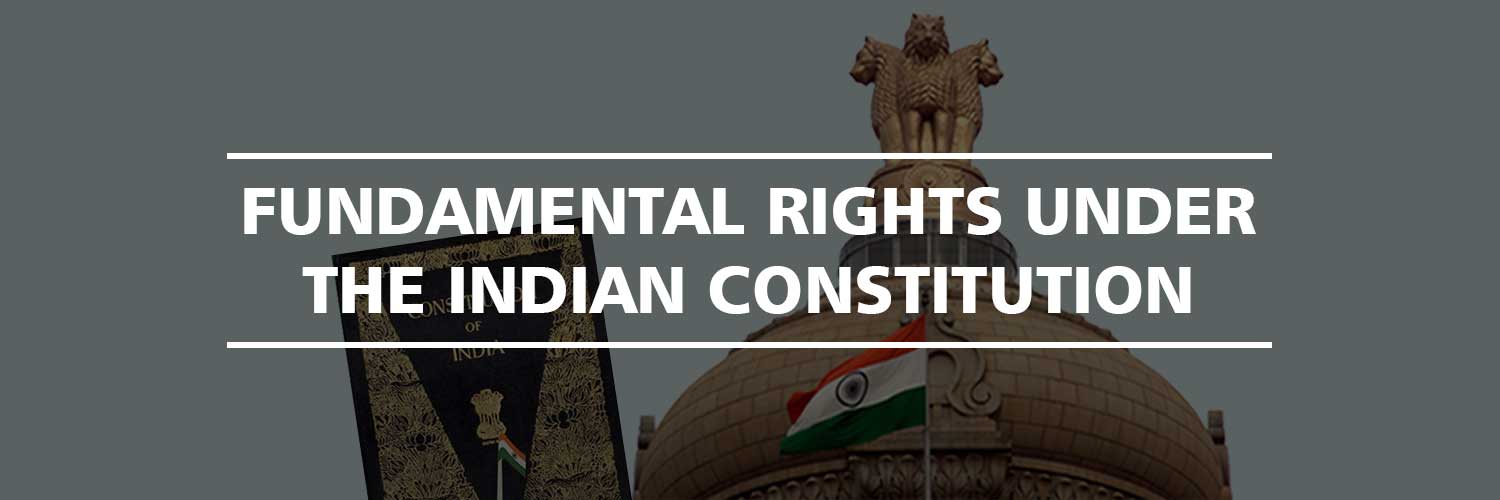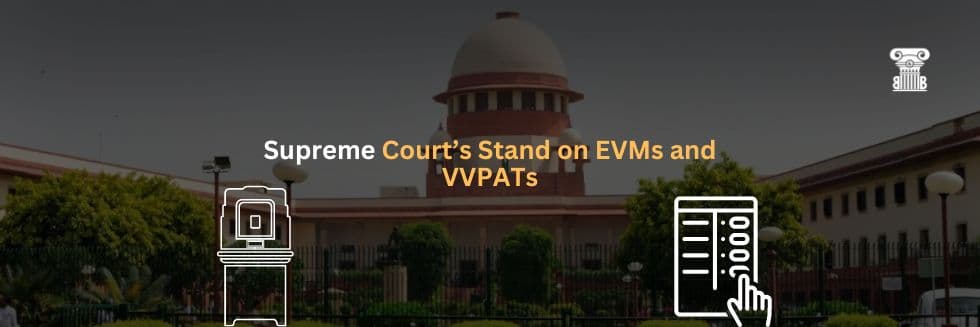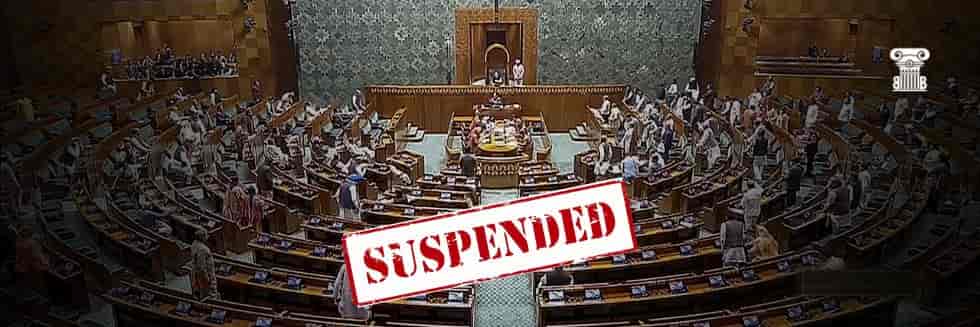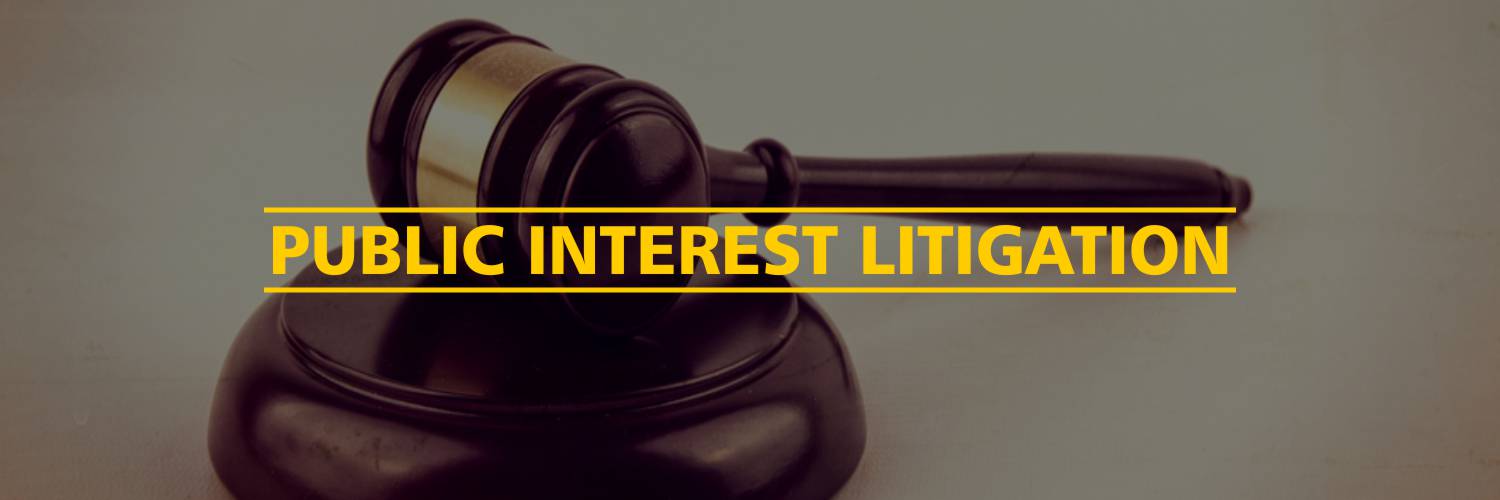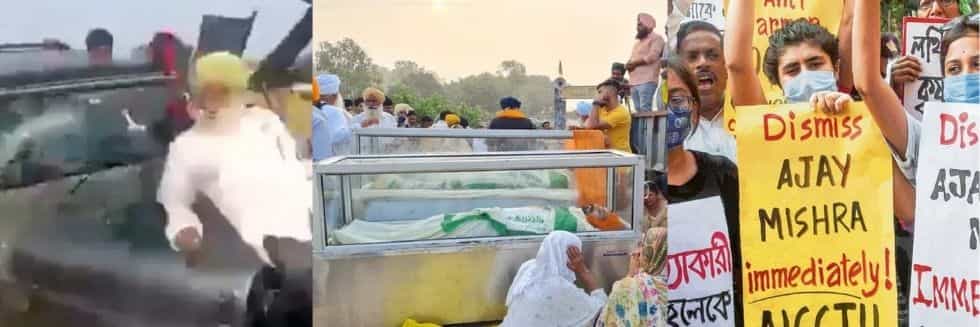Overview
Fundamental rights are those rights which are guaranteed to the citizens of India under its constitution. The dictionary meaning of the word ’fundamental’ is “important”. Hence, these are the rights which are of extreme and primary importance. Fundamental rights are covered under Part III of the Indian Constitution. These rights are enforceable in the court of law. Any citizen whose right has been violated can approach the Honourable Supreme Court of India under Article 32 of the Indian Constitution and can also approach any of the 24 High courts under Article 226 of the Constitution. However, these fundamental rights are not absolute and are subject to certain restrictions imposed by the Government, the reason for this being one individual cannot violate the rights of another for the sake of his own interests.
Types of Fundamental Rights– There are six fundamental rights which are recognized under The Indian Constitution. These areas-
- Right to Equality– Under Article 14, it is clearly stated that everyone is equal before the eyes of the law and no one shall be discriminated or prohibited from going to any place on the basis of sex, caste, gender, etc. Article 14 to 18 of the Constitution deals with equality provisions. It is stated that no one shall be discriminated and all must get equal opportunities. Article 16 of the Constitution also states that ‘The state shall not deny to any person on the basis of caste, sex, gender, religion, etc’.
- Right to Freedom– Article 19 to 22 of The Indian Constitution deals with the right to freedom, it includes right to freedom of speech and expression, right to carry out any trade or profession in the territory of India, right to form associations or unions, right to life and liberty. This freedom is however not absolute, for e.g. everyone has the right to freedom of speech and expression but they cannot speak something against the government which incites people, however, they have the right to criticise. (Section 124-A IPC, 1860 defines sedition.)
- Right against exploitation– Article 23 and 24 talks about these. The constitution abolishes all kinds of child labour, forced labours, human trafficking, etc.
- Right to freedom of religion– India is a secular state which means that it neither favours nor disfavours any religion. All citizens are free to practice any religion of their choice. This is stated in Articles 25- 28
- Cultural and Educational rights– These rights are guaranteed under Article 29 and 30 of the Indian Constitution. These articles guarantee certain rights to the minority groups. According to Article 29 any citizen or a section of citizens having a distinct language, script or culture have the right to conserve the same and Article 30 provides the minorities with a right that they can establish they are own linguistic or religious institutions. They can even claim for grants-in-aid.
- Right to constitutional remedies– This right is contained under Article 32 to 35 of the Indian Constitution. It states about the enforcement of fundamental rights on a violation. Dr. Br Ambedkar, the founding father of the Indian Constitution stated Article 32 as the Heart and soul of the Indian Constitution.
Who can go to the court of law to seek justice in case of violation of fundamental rights?
- Any aggrieved person whose right has been violated can knock the doors of the respective high courts under Article 226 or the Honourable Supreme court of India under Article 32 of the Indian Constitution.
- The high court has much wider scope under Article 226 than the supreme court of India.
- The aggrieved person must be the citizen of India only, a non- citizen who has not been granted rights under the Indian Constitution cannot approach the court of law for the enforcement.
